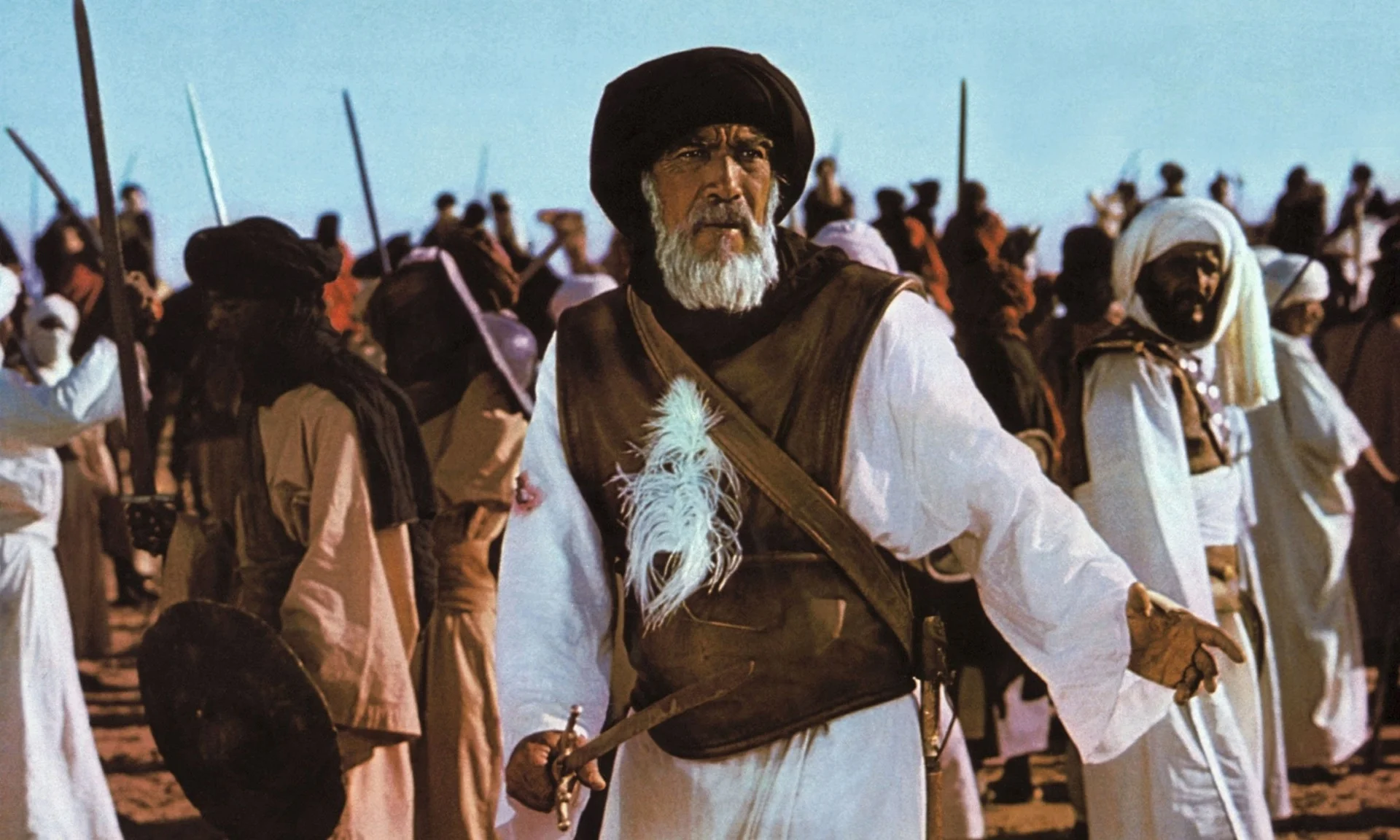Featuring various techniques of defamiliarization, Hacksaw Ridge is war film that is both conventional and original, and, ultimately, deeply affecting.
Read MoreThe film employs the Christ figure to explore notions of salvation and personhood.
Read MoreHyperNormalisation, O.J.: Made in America, Hell or High Water, Moonlight, and Arrival capture the tumultuous sociopolitical times of 2016.
Read MoreA discussion of how Ridley Scott's 1979 film uses science fiction to merge two kinds of horror to unsettle and disturb.
Read MoreFilms like Halloween, The Shining, The House of the Devil, and It Follows rely on nostalgia to fuel their horror.
Read MoreRather than using it for titillation or emotional revelation, David Cronenberg uses nudity to explore the unnatural psyches of his characters.
Read MoreThe films of Hayao Miyazaki and Isao Takahata capture profound truths about youth.
Read MoreA blinkered vision of human nature and achievement.
Read MoreThe term “guilty pleasure” is antithetical to film criticism and a healthy film culture.
Read MoreIs this just another "faith-based" film?
Read MoreSpring, Summer, Fall, Winter…and Spring, Uncle Boonmee Who Can Recall His Past Lives, Running on Karma, and The 36th Chamber of Shaolin explore essential Buddhist concepts.
Read MoreMany filmmakers use meals as dramatic shorthand to explore the cultural differences of their characters.
Read MoreJuzo Itami’s Tampopo is the food movie to end all food movies.
Read MoreThe classic Hollywood musical captures the charm of the Golden Age of Cinema.
Read MoreIn his silent masterpieces, F.W. Murnau invented a new visual vocabulary for cinema.
Read MoreAren discusses the impact of Atanarjuat: The Fast Runner and its new designation as the best Canadian film ever made.
Read MoreAren lays out why self-professed superfans are incapable of providing good criticism.
Read MoreHow do we determine if an artificial intelligence is conscious?
Read MoreAnton examines Kathryn Bigelow's serious take on stupid action movies.
Read More


















